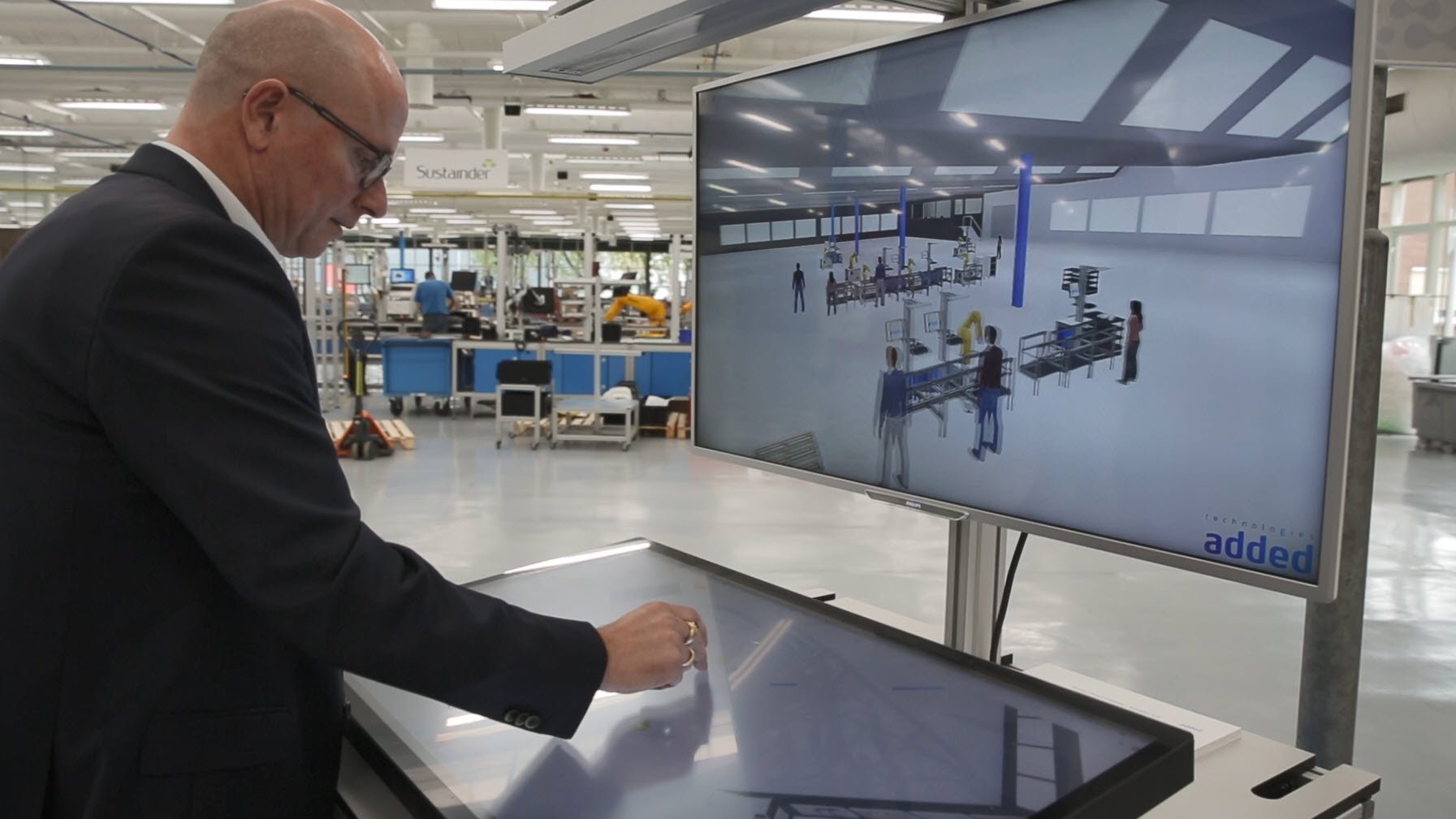Lesson #1 – Make Flexibility Your Advantage
At Technologies Added, we use a modular ‘flexible assembly’ capabilities to allow for multiple partners to operate simultaneously, with scope for rapid changes in what’s produced on the lines. Both major companies and startups use this; the former to test new lines (overcoming some of the issues they have with their legacy production facilities), and the latter to scale up production of goods that they have already validated demand for in the market.
Lesson #2 – Challenge the Status Quo
Innovation-focused companies should always look for false assumptions in both their, and their competitor’s existing business models and probe deeply into whether a better way of operating exists. As an example, at Technologies Added we work with an established manufacturer that was considering outsourcing a new production line to a low-cost factory in a developing country. Following a full cost analysis, the customer was surprised to discover that our smart factory actually worked out as the more cost efficient option overall, due to an ability to adopt a ‘by order’ (rather than ‘by stock’) approach to production.
Lesson #3 – Make the Economies of Scale Work in Your Favour
Digital transformation can pose challenges for a single organisation, such as meeting the expense and finding the technical expertise to compose all the technology that’s required within a private factory, and then building the skills to maximise its effectiveness.
To overcome this, we’ve created a collaborative environment where smaller companies can gain capabilities that would otherwise be outside of their reach. This includes not only the production technology within the facility, but also expert support in important areas such as production design, engineering, logistics and security.
Lesson #4 – Don’t Be Afraid to Experiment
Businesses today have the benefit of far deeper insight into market demand, helping them to serve niches that previously would have been overlooked. We use a ‘product innovation’ process that allows for prototypes to be industrialised within a short timeframe (often just two months) and with limited costs. Our customers can use this process to get products into the market quickly and make evidenced assessments of whether a business opportunity really exists before scaling to full production.
Lesson #5 – Find Partners Who Can Fill the Gaps in Your Own Capabilities
No company can be an expert in everything; today’s breakout companies are built on the strength of their networks. That’s why we work with Rockwell Automation to integrate its manufacturing execution system (MES) into our production facilities. Rockwell’s support helps us to use automation software to get to the cutting-edge of innovation in the manufacturing industry, and to lend the same benefits to the companies that use our facility.
Sharing Success
As new technologies lower the traditionally high barriers to entry in manufacturing, businesses need to think differently if they want to get cut-through. Digital transformation offers such companies a means for tackling weak points in conventional business models that their competitors have been afraid to probe.
Through our smart factory, companies have access to a partner that can help them test the limits of what’s possible. The success we’ve seen to date suggests that there’s strength in numbers, and drawing on the force of an open, collaborative network will triumph over closed approaches. We look forward to continuing our mission with the support of Rockwell Automation.
Everyone’s journey to digitalisation is different, and a personalised approach is important. One experience that helped us was visiting Rockwell’s EMEA Connected Enterprise Customer Center in Karlsruhe, Germany, where we interacted with a lot of technology and learned what The Connected Enterprise® could do for us.

